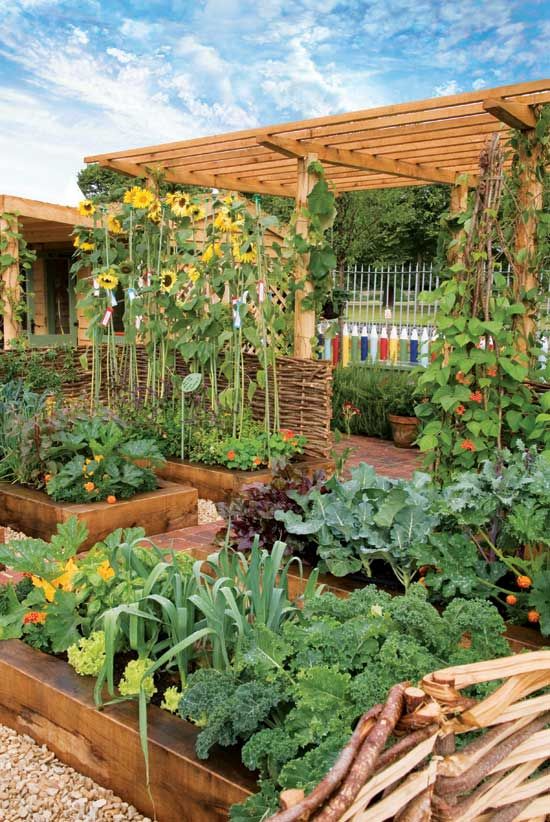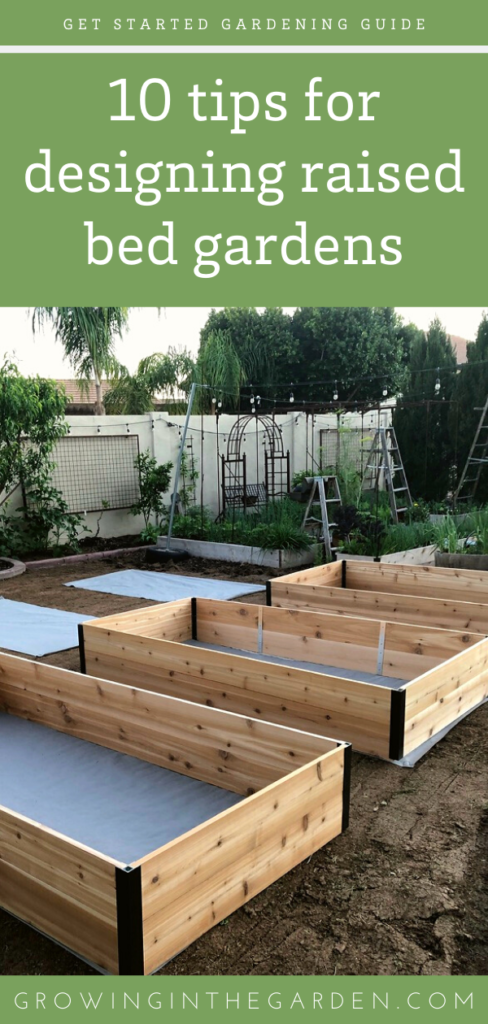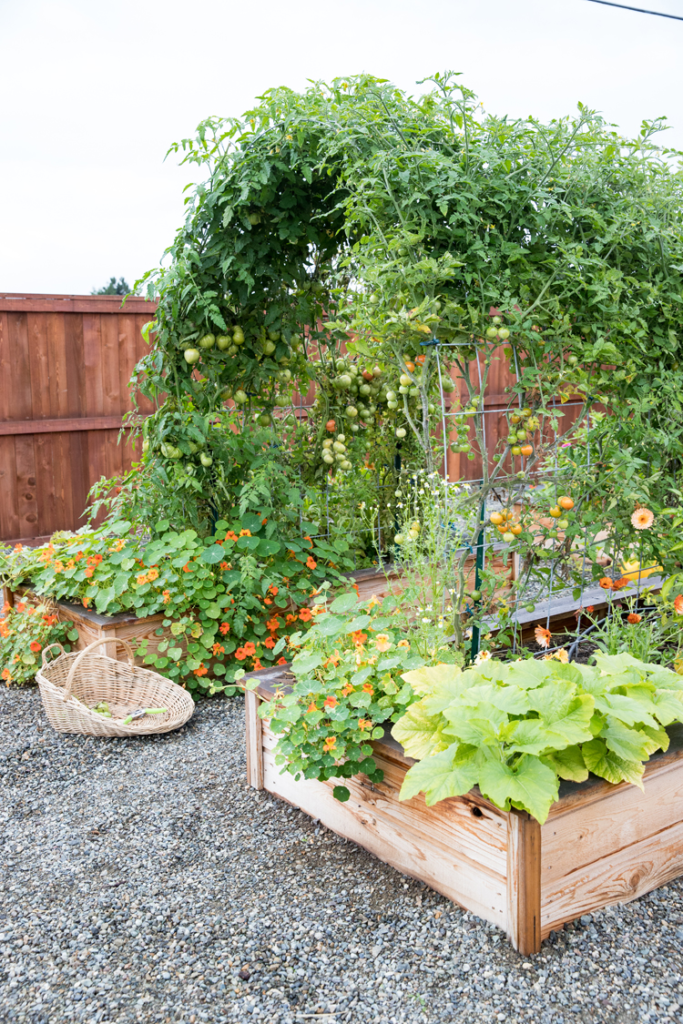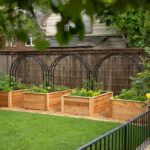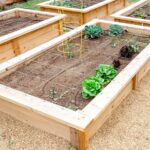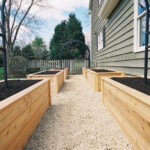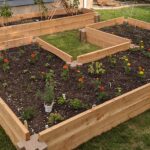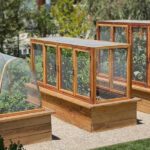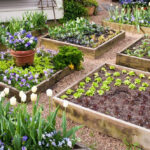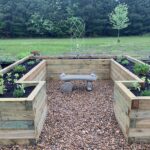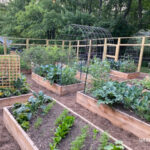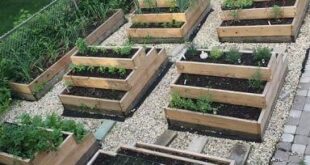Raised bed gardens are a popular option for many gardeners, whether they have limited space or simply prefer the convenience and flexibility that raised beds offer. These gardens are essentially raised boxes or containers filled with soil, providing a contained area for plants to grow. There are many benefits to using raised bed gardens, making them an attractive choice for both beginner and experienced gardeners.
One of the main advantages of raised bed gardens is improved soil quality. Because the soil in raised beds is contained and separate from the surrounding ground, it is less likely to become compacted or depleted of nutrients. This allows for better drainage and aeration, which can lead to healthier plants with stronger root systems. Additionally, gardeners have more control over the soil composition in raised beds, allowing them to tailor it to the specific needs of their plants.
Another benefit of raised bed gardens is their versatility. Raised beds can be built in various sizes and shapes, making them suitable for any space, from small urban gardens to larger backyard plots. They can also be placed on any surface, such as concrete, gravel, or grass, making them a convenient option for gardeners with limited outdoor space or poor soil quality.
Raised bed gardens are also easier to maintain and manage than traditional in-ground gardens. Because they are elevated, raised beds require less bending and stooping, making them more accessible for gardeners with mobility issues. Weeding is also reduced in raised beds, as the contained soil prevents weeds from spreading from surrounding areas. Additionally, raised beds can be covered with mulch or a protective cover to help regulate soil temperature and retain moisture, reducing the need for frequent watering.
Raised bed gardens are known for their ability to extend the growing season. The soil in raised beds warms up faster in the spring, allowing gardeners to start planting earlier than they would in traditional gardens. This can be especially beneficial for gardeners in cooler climates who want to grow heat-loving crops or start their vegetable garden earlier in the season.
Overall, raised bed gardens offer numerous benefits for gardeners of all skill levels. They provide improved soil quality, versatility in design, easier maintenance, and the ability to extend the growing season. Whether you have limited space, poor soil quality, or simply prefer the convenience of raised bed gardening, this option is worth considering for your next gardening project.
